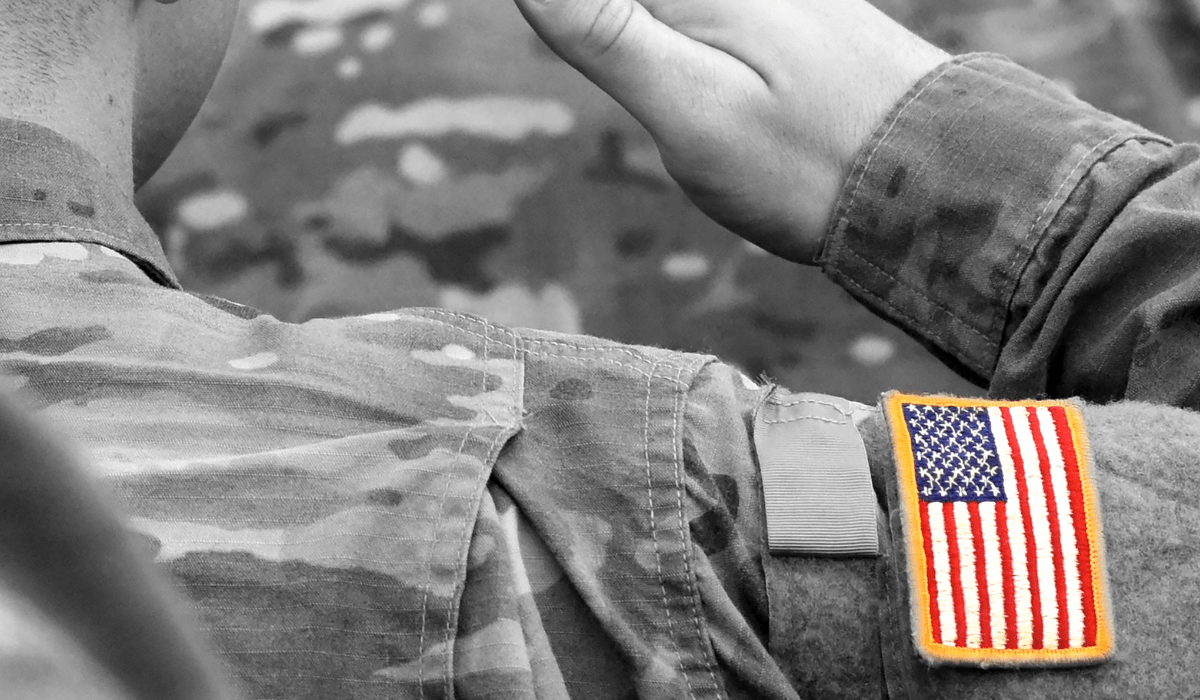
While Valenzuela-Bernal did not involve the application of state or federal rape shield laws, its holding is helpful in clarifying what the Court deems “evidence the exclusion of which would violate the constitutional rights of the accused,” and provides guidance as to when a trial court’s refusal to allow certain defense evidence reaches constitutional dimensions. In Valenzuela-Bernal, the Court placed the burden on criminal defendants to articulate why certain evidence was “material” to their case, and further, why it was favorable to the defense’s theory of innocence. So if the defense fails to adequately articulate materiality or favorability, the trial court is not required to admit the evidence.
In Davis v. Alaska, 415 U.S. 308 (1974), the Court considered a trial court’s decision to truncate a criminal defendant’s cross-examination in deference to an Alaska statute prohibiting disclosure of juvenile offender records. Throughout its opinion, the Court emphasized that the right to cross-examine is the primary right protected by the Confrontation Clause. It stressed that “exposure of a witness’ motivation in testifying” is a proper and important function of the right of confrontation. The Court held that a defendant’s right to confrontation was paramount to Alaska’s interest in protecting juvenile offenders from the embarrassment of having their records aired in open court. Thus, a defendant’s right to explore a witness’ bias and prejudices can, in the Court’s eyes, reach constitutional dimensions.
If you have been charged with a criminal offense and would like the representation of an experienced Military criminal defense lawyer then you should contact Bilecki Law Group today. Our firm is available seven days a week, 24 hours a day.
Defending Service Members Globally
Wherever Duty Calls, Our Defense Follows




